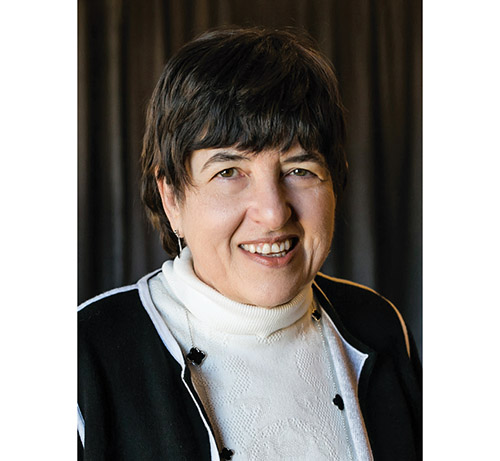
(Courtesy of Project S.A.R.A.H.) While many residents of Bergen County were watching the Superbowl, a small group of women were gathered in a private home in Englewood to learn about the halachic and psychological aspects of consent and coercion in the intimate life of observant Jews. Nechama Price, the yoetzet halacha of the Englewood community (among others) and Esther East, the executive director of the Jewish Family Service and Children’s Center of Clifton/Passaic and one of the founding members of Project S.A.R.A.H., the New Jersey statewide resource for members of the Orthodox Jewish community experiencing domestic violence and sexual abuse, shared their perspectives on this private and often little-discussed area of Jewish life.
Nechama Price taught the rich halachic and Torah perspectives on the critical aspects of consent, bringing home the point that women’s voluntary participation in every aspect of their intimate experience is an essential Jewish value. The Torah perspective is centuries ahead of the civil legal norms in which marital rape was not considered a crime in the United States until the mid 1970s. Esther East explained to the attendees that the existence of this very central Jewish value contributes to the shame that leads to the avoidance of seeking relief if a woman experiences coercive control in the bedroom. Of all the areas of interpersonal violence and abuse that have come through the doors at Project S.A.R.A.H.—financial abuse, public shaming, controlling relationships with family and friends, monitoring comings and goings—this is the last to emerge in the safety of a counseling relationship. Women who are victims of coercion in the bedroom feel ashamed and powerless.
Meetings such as these provide opportunities to lift the veil of secrecy and shame that keeps men and women trapped in situations that are clearly antithetical to the Jewish values that enrich our community. The attendees at the meeting were eager to find ways to share the messages of hope for victims who need to know that they can ask for and receive help. They were also interested in spreading the messages of prevention to young people as they begin their personal journeys into intimate relationships. Talking to their own children and opening up these conversations in our schools are beginning steps. For more information about Project S.A.R.A.H. services: 973-777-7638, [email protected], www.projectsarah.org.










